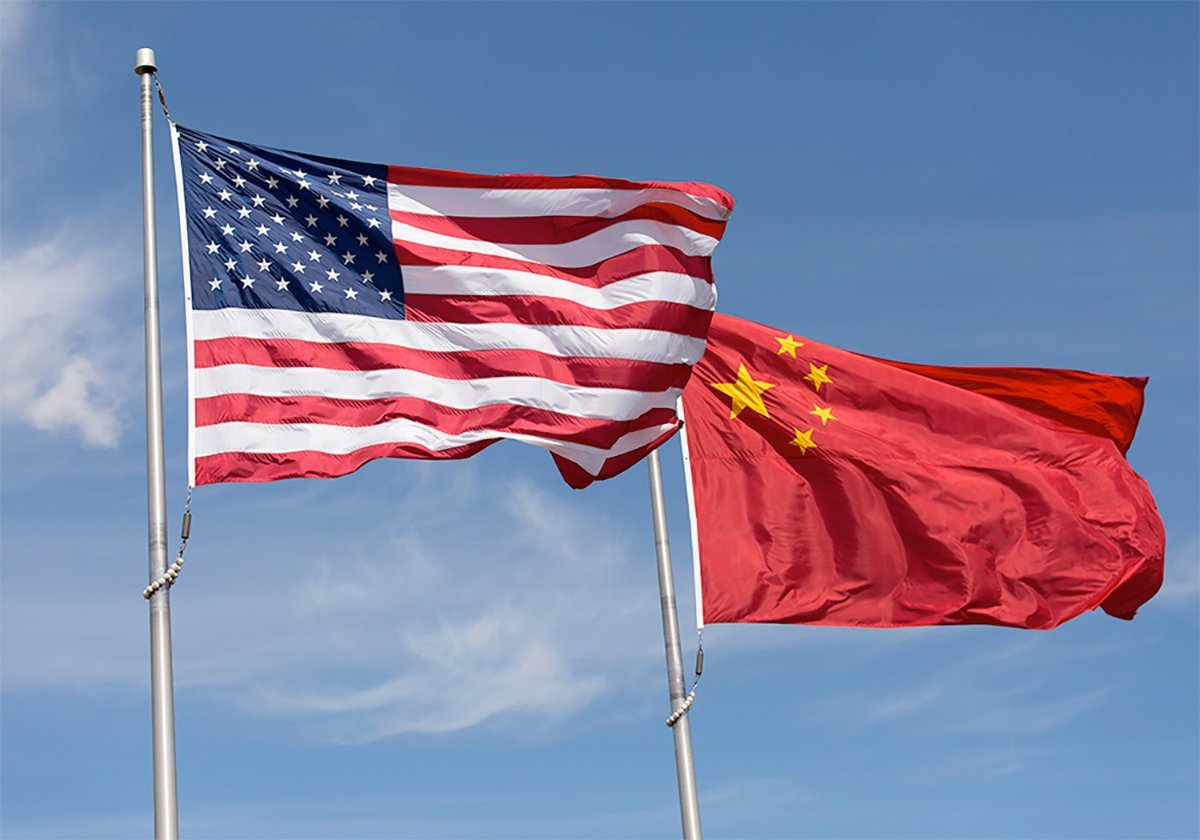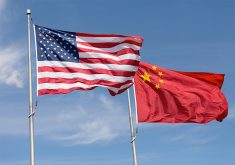Canada has formally joined negotiations to create a Pacific region trade liberalization deal, joining nine other countries that have been negotiating for several years.
Trade minister Ed Fast said the invitation to join the Trans-Pacific Partnership talks is a chance to increase trade into “fast-growing markets throughout the Asia-Pacific region.”
Canadian agricultural exporters quickly embraced the announcement as good for their sectors.
“The TPP presents a unique opportunity for an ambitious regional trade deal that addresses market access and non-tariff issues for agri-food sectors around the Pacific Rim,” Canadian Agri-Food Trade Alliance executive director Kathleen Sullivan said in a CAFTA statement after the announcement.
Read Also

Beijing lifts some tariffs on U.S. farm goods but soybeans stay costly
China will suspend retaliatory tariffs on U.S. imports, including duties on farm goods, after last week’s meeting of the two countries’ leaders, Beijing confirmed on Wednesday, but imports of U.S. soybeans still face a 13 per cent tariff.
She said Canadian farmers want TPP negotiators to be “ambitious and creative” to forge a wide-ranging trade deal.
Grain Growers of Canada president Stephen Vandervalk called it “an agreement between like-minded countries, making it a real opportunity to facilitate trade with like-minded partners.”
However, for Canada’s supply managed sectors, some of those “like-minded partners” are intent on seeing the TPP as a negotiation that will finally allow their dairy and poultry exporters to have greater access to the Canadian market.
The Conservative government insists it will defend supply management protections in the talks, but the negotiations represent the latest challenge for the sector.
Mexico was also accepted as a TPP negotiating country.
Other countries at the table are the United States, Australia, Brunei, Chile, Peru, Malaysia, New Zealand, Singapore and Vietnam.
Canada says the TPP would open markets to economies worth more than $20 trillion.
However, critics suggest this negotiation is less than it seems for Canadian agriculture because Canada already has free trade deals with the U.S. and Mexico while New Zealand and Australia are agricultural export competitors rather than markets.
However, the prospect that Japan could join in coming years makes it more attractive.
A deal in TPP talks is not expected for years.














